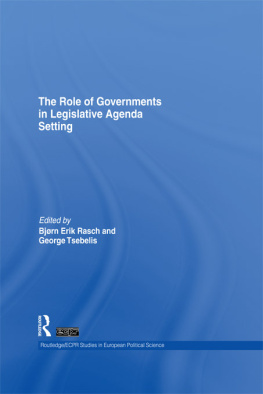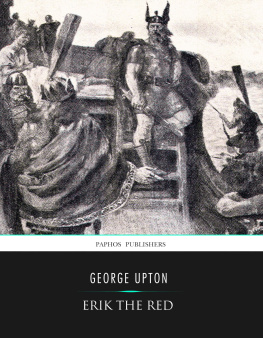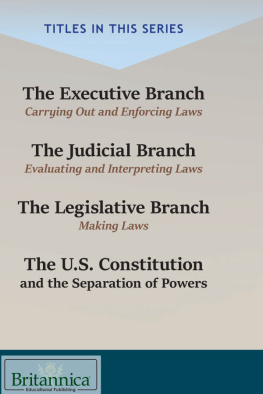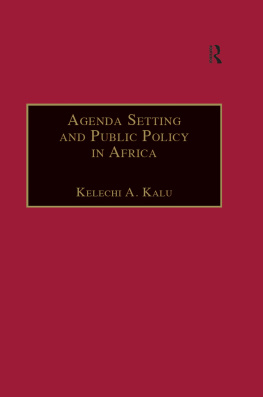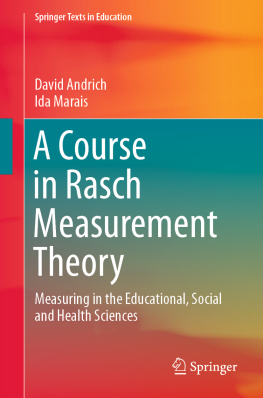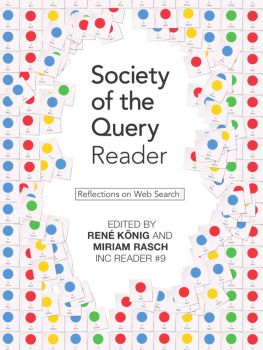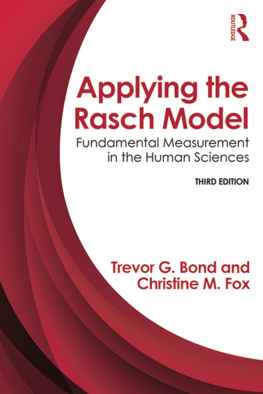| Regionalist Parties in Western Europe
Edited by Lieven de Winter and Huri Trsan
|
| Comparing Party System Change
Edited by Jan-Erik Lane and Paul Pennings
|
| Political Theory and European Union
Edited by Albert Weale and Michael Nentwich
|
| Politics of Sexuality
Edited by Terrell Carver and Vronique Mottier
|
| Autonomous Policy Making by International Organizations
Edited by Bob Reinalda and Bertjan Verbeek
|
| Social Capital and European Democracy
Edited by Jan van Deth, Marco Maraffi, Ken Newton and Paul Whiteley
|
| Party Elites in Divided Societies
Edited by Kurt Richard Luther and Kris Deschouwer
|
| Citizenship and Welfare State Reform in Europe
Edited by Jet Bussemaker
|
| Democratic Governance and New Technology
Technologically mediated innovations in political practice in Western Europe
Edited by Ivan Horrocks, Jens Hoff and Pieter Tops
|
| Democracy without Borders
Transnationalisation and conditionality in new democracies
Edited by Jean Grugel
|
| Cultural Theory as Political Science
Edited by Michael Thompson, Gunnar Grendstad and Per Selle
|
| The Transformation of Governance in the European Union
Edited by Beate Kohler-Koch and Rainer Eising
|
| Parliamentary Party Groups in European Democracies
Political parties behind closed doors
Edited by Knut Heidar and Ruud Koole
|
| Survival of the European Welfare State
Edited by Stein Kuhnle
|
| Private Organisations in Global Politics
Edited by Karsten Ronit and Volker Schneider
|
| Federalism and Political Performance
Edited by Ute Wachendorfer-Schmidt
|
| Democratic Innovation
Deliberation, representation and association
Edited by Michael Saward
|
| Public Opinion and the International Use of Force
Edited by Philip Everts and Pierangelo Isernia
|
| Religion and Mass Electoral Behaviour in Europe
Edited by David Broughton and Hans-Martien ten Napel
|
| Estimating the Policy Position of Political Actors
Edited by Michael Laver
|
| Democracy and Political Change in the Third World
Edited by Jeff Haynes
|
| Politicians, Bureaucrats and Administrative Reform
Edited by B. Guy Peters and Jon Pierre
|
| Social Capital and Participation in Everyday Life
Edited by Paul Dekker and Eric M. Uslaner
|
| Development and Democracy
What do we know and how?
Edited by Ole Elgstrm and Goran Hyden
|
| Do Political Campaigns Matter?
Campaign effects in elections and referendums
Edited by David M. Farrell and Rdiger Schmitt-Beck
|
| Political Journalism
New challenges, new practices
Edited by Raymond Kuhn and Erik Neveu
|
| Economic Voting
Edited by Han Dorussen and Michaell Taylor
|
| Organized Crime and the Challenge to Democracy
Edited by Felia Allum and Renate Siebert
|
| Understanding the European Unions External Relations
Edited by Michle Knodt and Sebastiaan Princen
|
| Social Democratic Party Policies in Contemporary Europe
Edited by Giuliano Bonoli and Martin Powell
|
| Decision Making Within International Organisations
Edited by Bob Reinalda and Bertjan Verbeek
|
| Comparative Biomedical Policy
Governing assisted reproductive technologies
Edited by Ivar Bleiklie, Malcolm L. Goggin and Christine Rothmayr
|
| Electronic Democracy
Mobilisation, organisation and participation via new ICTs
Edited by Rachel K. Gibson, Andrea Rmmele and Stephen J. Ward
|
| Liberal Democracy and Environmentalism
The end of environmentalism?
Edited by Marcel Wissenburg and Yoram Levy
|
| Political Theory and the European Constitution
Edited by Lynn Dobson and Andreas Follesdal
|
| Politics and the European Commission
Actors, interdependence, legitimacy
Edited by Andy Smith
|
| Metropolitan Governance
Capacity, democracy and the dynamics of place
Edited by Hubert Heinelt and Daniel Kbler
|
| Democracy and the Role of Associations
Political, organizational and social contexts
Edited by Sigrid Roteutscher
|
| The Territorial Politics of Welfare
Edited by Nicola McEwen and Luis Moreno
|
| Health Governance in Europe
Issues, challenges and theories
Edited by Monika Steffen
|
| Republicanism in Theory and Practice
Edited by Iseult Honohan and Jeremy Jennings
|
| Mass Media and Political Communication in New Democracies
Edited by Katrin Voltmer
|
| Delegation in Contemporary Democracies
Edited by Dietmar Braun and Fabrizio Gilardi
|
| Governance and Democracy
Comparing national, European and international experiences
Edited by Yannis Papadopoulos and Arthur Benz
|

